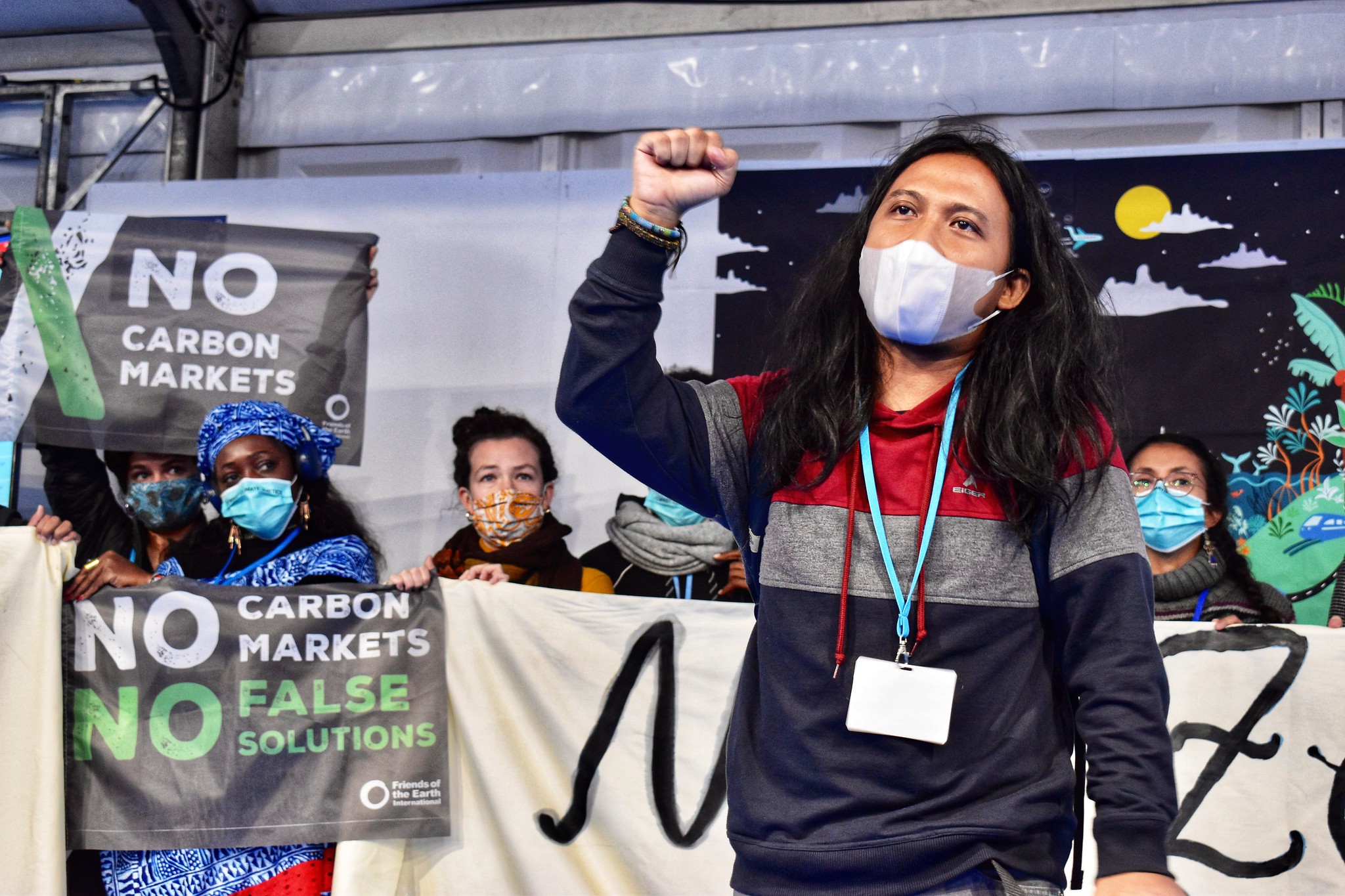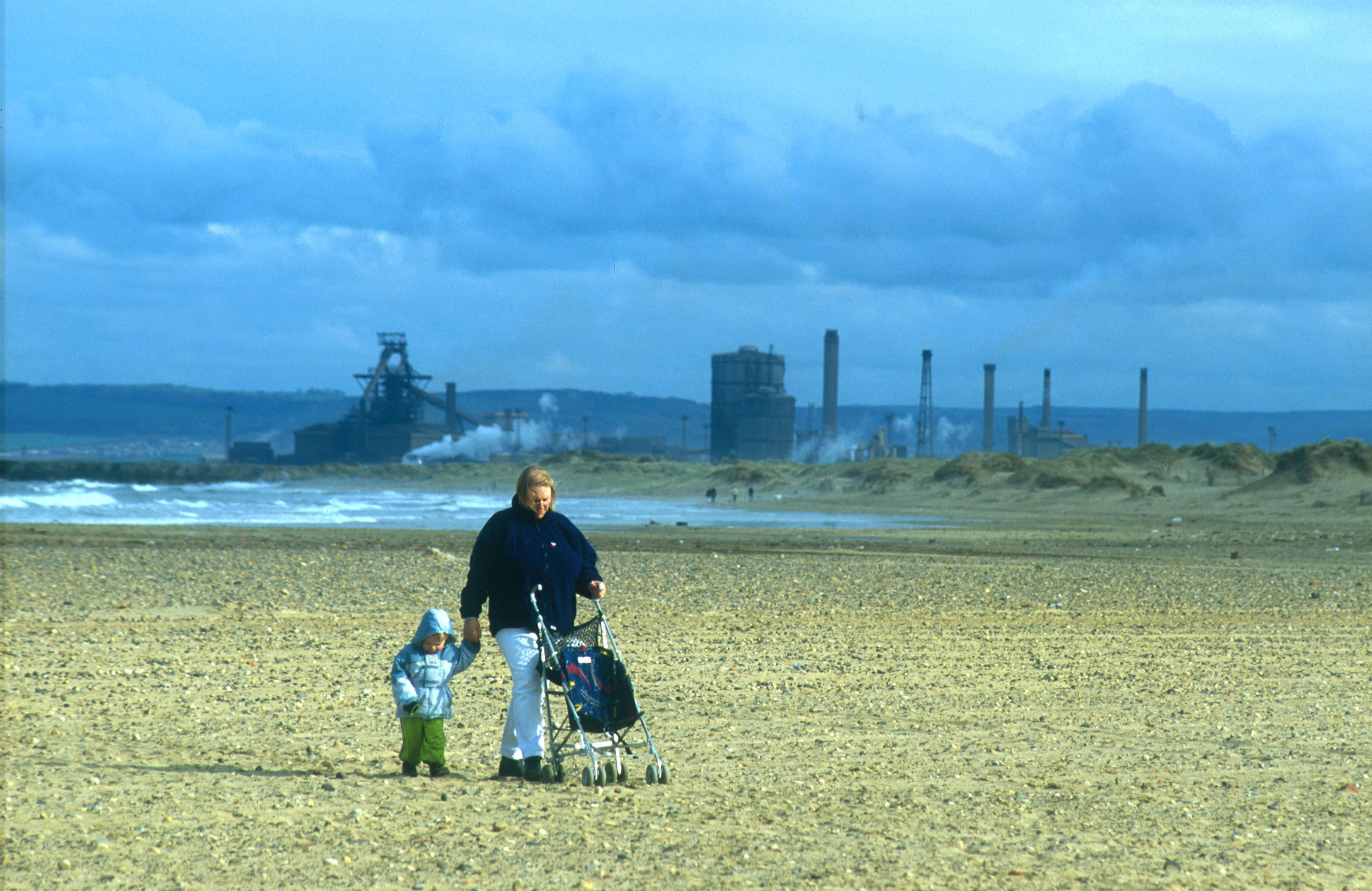
Reinventing Scotland’s economy: bright spots in a overcast sky

Some events on a weekend in March and a couple of recent reports have spread a bit of light in the otherwise dull landscape of debate about the economy in Scotland.
Matthew Crighton, Climate Jobs Campaigner, discusses the Glasgow Economics Forum, John McDonnell MP’s New Economic Lecture, Banking for the Common Good and Common Weal’s report on Towards an Industrial Policy for Scotland.
The Glasgow Economics Forum on 19-20 March heard about a diverse range of ways of thinking about the real economy, underlying trends which are challenging any conventional analysis of where we are going and choices which have to be made about that – from top speakers including Paul Mason, Steve Keen and Victoria Chick. It’s organised entirely by students – the Glasgow University Real Economics Society, set up to ‘promote pluralism in economic thought’, in reaction to the monopoly which neo-classical economics exercises in that university, just as in the others in Scotland. The bits I was able to attend were stimulating and the large number of students in the audience was inspiring. But apart from the speakers there didn’t seem to be many professional economists…I heard Joe Earle of Rethinking Economics explain the new idea of the ‘econocracy’ in which economics is both privileged in public debate and dominated by a caste of professional neo-classical economists whose views are presented as irrefutable (even though many believe that their school of thought is uniquely unconstrained by relevance to the real world!). The fact that politics is increasingly carried out in this kind of economic language means that citizens struggle to make informed choices about policies and the parties which represent them and can’t scrutinize the actions of economic decision-makers. Await their book in which they have analyzed teaching of economics in UK universities, confirming just how narrow it is.
As a challenge to how we see the economy evolving, I went to hear Dan O’Neill trash the idea that continued GDP growth is either desirable or realistic. I had previously thought that de-growth is so incompatible with either the ways capitalist economies work or socialists’ aspirations to replace them that it is (sadly) only a pipe-dream, but I realized two things. Firstly, at a pragmatic level, that growth is declining anyway, probably for reasons structural to the current neo-liberal world order, to levels which are problematic for the existing system. Secondly, the data which shows that increased GDP and consumption is not making people happier means that it is actually possible to be happier with lower GDP. So finding ways of talking to fellow citizens about these vital topics should be easier than I thought.
Sadly I had to miss Paul Mason, who has a lot to say about these big questions, because I was headed to Dundee to hear John McDonnell MP, the Shadow Chancellor for the first of his New Economic Lectures series in Scotland, also addressed by Lesley Brennan MSP and Professor Christine Cooper of Strathclyde University. He told us of the work being done by Labour’s Economics Advisory Council and the reviews which they have commissioned into the role of the Monetary Policy Committee, the operations of HMRC, the tax base and the potential for reforming the Treasury. He spoke highly of the work of the Women’s Budget Group which has shown that 81% of all cuts are falling on women. There is thinking afoot about a new direction for the UK economy.
In terms of thinking about a new direction for Scotland’s economy, the Scottish Green Party did us a favour when it commissioned the excellent report on Jobs in Scotland’s New Economy by Mika Minio-Paluello. Then in January it provided us with an opportunity to hear the positions of each party in the debate which they secured in the Scottish Parliament in January about a just transition away from fossil fuels, specifically oil and gas. The debate, which can be read here, shows that we are starting to see some very different positions on this vital topic.
Another step forward came with the launch of the report on Banking for the Common Good at an event in the Scottish Parliament, addressed by Labour’s Lesley Brennan MSP and the SNP’s George Kerevan MP. This proposes a three-tier, joined-up approach with Scottish National Investment Bank, the establishment of local People’s Banks and a publicly-funded inter-bank payment system. Find it the report, produced by FoE Scotland with New Economics Foundation, Move Your Money and Common Weal, on Friends of the Earth Scotland’s website. Correct me if I am wrong, but this seems to be the first ever coherent set of suggestions to post-crisis reform of the banking system in Scotland – largely ignored by our media, sadly.
Then came Common Weal’s report on Towards an Industrial Policy for Scotland. It’s subheading is ‘a discussion of principles and approaches’ and it’s true to say that it is more about industrial policy in general than about Scotland in particular. However it is a surely a good foundation for the plans we have to make for a Just Transition to a sustainable and socially-just economy. Read it now on the Common Space website.
But before anyone thinks that all this shows that alternative economic debate is burgeoning in Scotland, these are actually the exceptions, not the rule. It’s said that in Scotland there is an aspi
ration to take a different path of development towards a more equitable and sustainable society – with its legacy from the 2014 Independence Referendum of heightened public interest in the kind of Scotland people want to live in, and its government policies on fairness, employment and community empowerment.
Any realistic intentions to move in that direction need economic foundations. One would expect, therefore, that Scotland would be bubbling up with exciting debate about radical economic alternatives and how to manage an economy to achieve national objectives like social justice and sustainability. That is not my impression!
Many believe that there were crucial weaknesses in the Yes campaign regarding the future of the Scottish economy and in particular on the question of currency. However this has not kicked off any substantial re-positioning, at least in the SNP, which appears keen to get more powers but has little to say about how it would use them to steer Scotland on a different economic course.

A couple of recent examples: I hear that at the SNP conference ‘subsidise and keep pumping’ summarises the thrust of their reaction to the job losses in North Sea oil and gas – decommissioning was a dirty word and no talk of a Just Transition. The characteristic ambiguity of the Scottish Government is to occupy the social democratic terrain but not to touch the fundamental issues behind it. This seems exemplified by the recent Fairer Scotland report on the outcomes of a lengthy public consultation which does not mention the distribution of wealth or of ownership.
The core question we need to face is: what would it take to be able to steer the economy of Scotland in a direction in which social justice, equality and environmental sustainability (rapid reduction of our resource footprints) are the priorities? Whether independent or not the Scottish government is constrained by the rules of a larger union – either the UK or the EU. Ironically leaving the UK would bring down on Scotland the full weight of the EU’s Maastricht Treaty and the expectation of euro membership.
Large parts of our economy are owned externally, the policies which govern it are rooted in neo-liberalism, elevating the status of market competition and inhibiting if not preventing common ownership. Radical new policies on banks and finance and investment and regulation and ownership are needed. We await the parties’ manifestos with interest..…
When we have got a grip on questions like these then we can move the debate about the future of Scotland onto a better basis. To do that we have to recognize the urgent need to enhance our intellectual resources in Scotland. Hardly any of the speakers at the Glasgow Economic Forum were based in Scottish universities; this was also the case when we organised the Reinventing the Economy conference in 2014. In the meantime we should be happy to embrace the vigorous critique and inspiring ideas south of the border; and avoid any smugness about Scotland being a home of radical thought about our economic futures.
